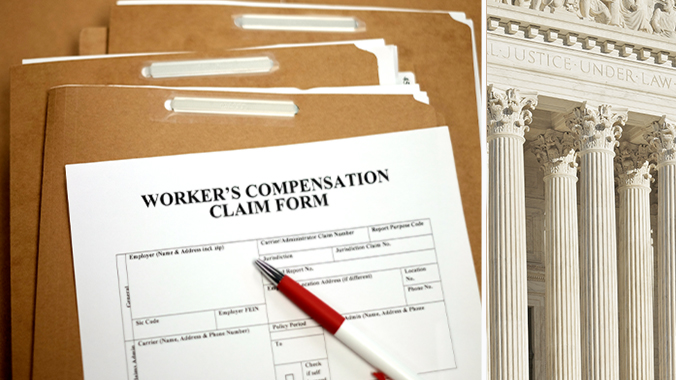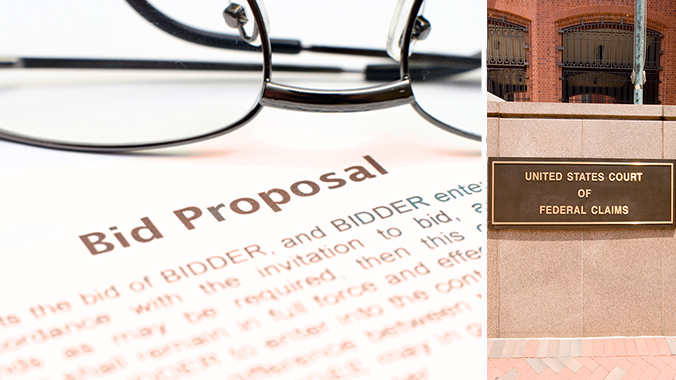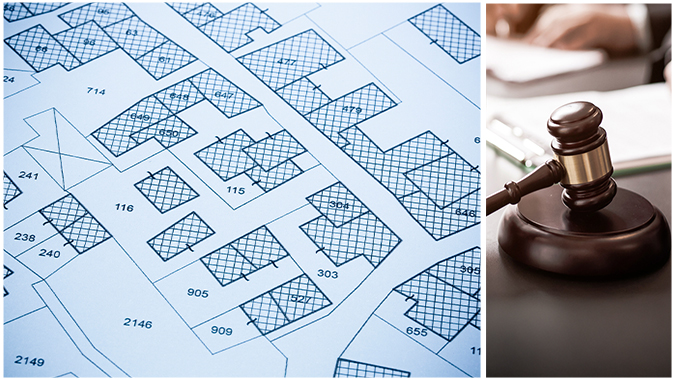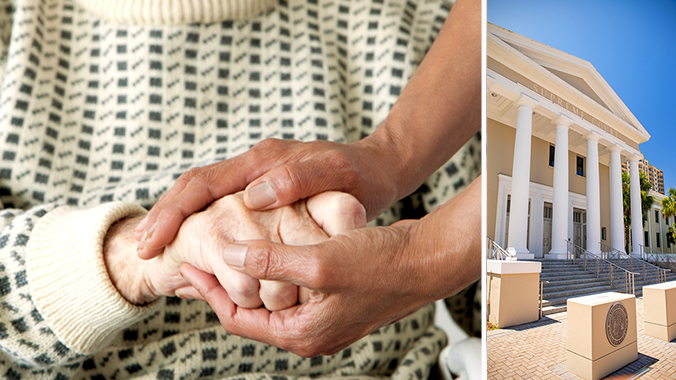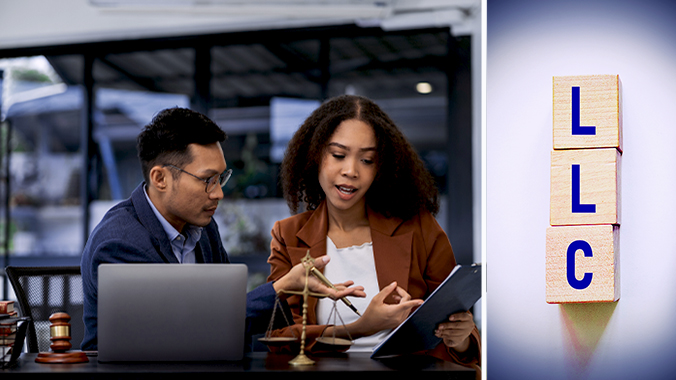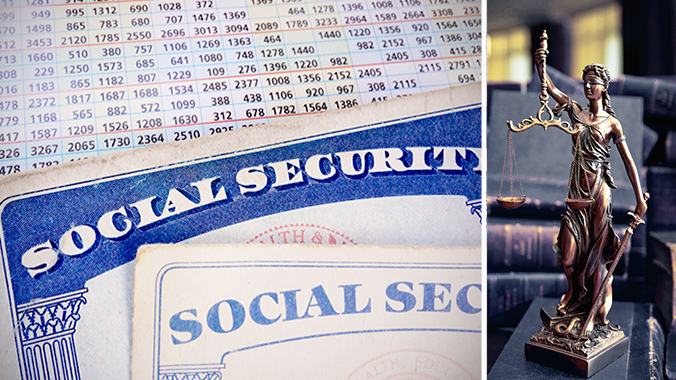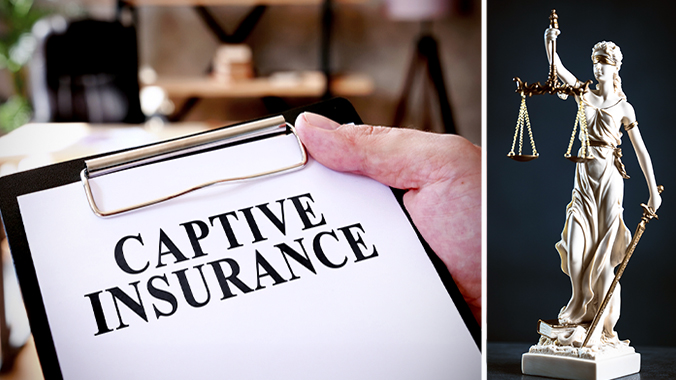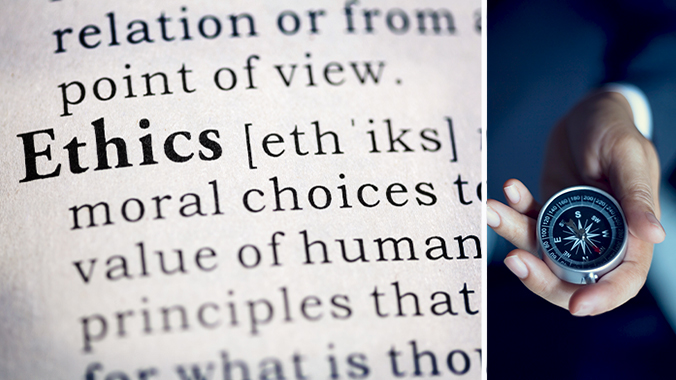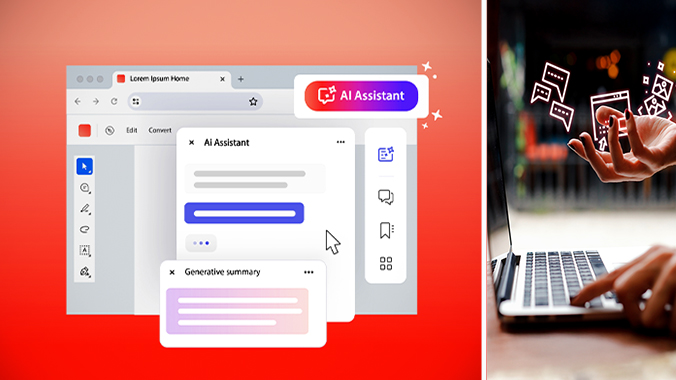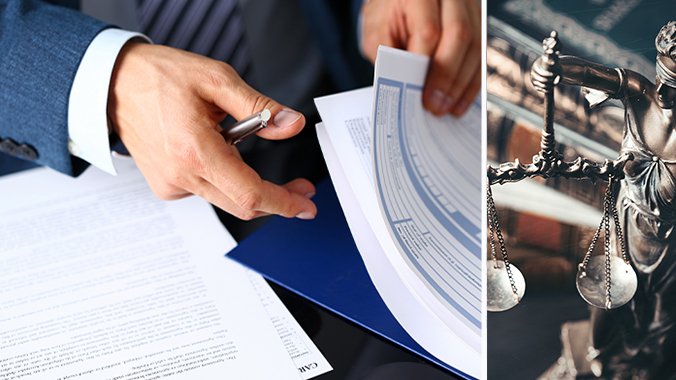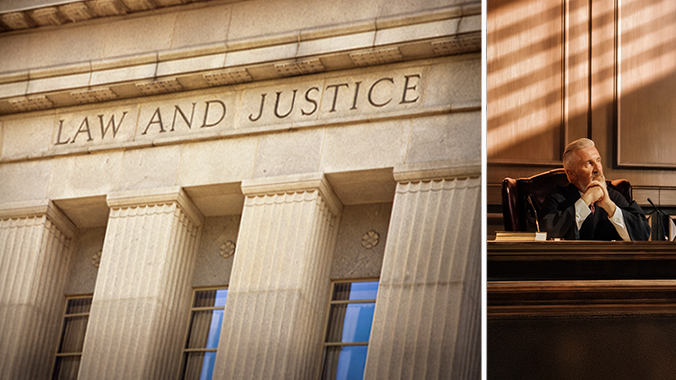Parental Alienation and Autism: Gatekeeping Behaviors and Neurodivergent Children

Ashish Joshi is the owner and managing partner of Joshi: Attorneys + Counselors. He serves as the lead counsel in high-stakes, complex family law and divorce cases, focusing on issues related to intimate partner violence, parental alienation, child psychological maltreatment, and international child abduction.
Live Video-Broadcast: December 11, 2025
2 hour CLE
Tuition: $195.00
Co-Sponsored by myLawCLE
Get this course, plus over 1,000+ of live webinars.
Learn More
Training 5 or more people?
Sign-up for a law firm subscription plan and each attorney in the firm receives free access to all CLE Programs
Program Summary
To best serve families in an unbiased and fair manner, family courts must appreciate and acknowledge diversity in its many forms, such as gender, ethnic, race, cultural, sexual orientation, and neurodivergence. Despite there being a stigma against neurodiversity, increasing attention has been paid by the family courts to the unique considerations of children with special needs in families undergoing divorce and separation. While the default option in most jurisdictions is joint physical custody and family law judges primarily rely on developmentally-based time-share arrangements, these otherwise laudable goals may not serve the neurodiverse (ND) child well. For many ND children, the need for sameness, routine, and structure may supersede the need for “equal” or “equivalent” time with both parents.
A tension could arise here. On the one hand, the parent who is best attuned to the shifts in the ND child’s moods, who can best supervise the ND child (who may engage in self-harm or suicidal behaviors) should have the lion’s share or primary parenting opportunities and responsibility. On the other hand, such decisions could also lead to a ND child being weaponized or maladaptive restrictive gatekeeping behaviors (“only I can parent this ND child”).
The issue of neurodivergence in family law is not limited to ND child(ren); ND parents add a layer of complexity to these cases. They face the risk in family court of being caricatured for their psychiatric condition, instead of their strengths. In litigation, diagnostic information is often misapplied or misunderstood and the fact of neurodiversity is seen as a “risk” or shortcoming without an analysis of whether the ND parent, despite his or her psychiatric condition, has the ability to parent a child effectively.
Key topics to be discussed:
- Neurodiversity in Family Courts
- Best Interests of the Neurodivergent Child
- Balancing Parental Rights and the Child’s Needs
- Assessing Parental Fitness and Bias in the Courtroom
- Judicial and Practitioner Education on Neurodiversity
- Integrating Mental Health and Legal Frameworks
This course is co-sponsored with myLawCLE.
Date / Time: December 11, 2025
- 12:00 pm – 2:10 pm Eastern
- 11:00 am – 1:10 pm Central
- 10:00 am – 12:10 pm Mountain
- 9:00 am – 11:10 am Pacific
![]() Closed-captioning available
Closed-captioning available
Speakers
 Ashish Joshi | Joshi Attorneys + Counselors
Ashish Joshi | Joshi Attorneys + Counselors
Ashish Joshi is the owner and managing partner of Joshi: Attorneys + Counselors. He serves as the lead counsel in high-stakes, complex family law and divorce cases, focusing on issues related to intimate partner violence, parental alienation, child psychological maltreatment, and international child abduction. He has counseled and/or represented clients in state and federal courts across the United States and internationally, including in India, United Kingdom, Canada, Luxembourg, Hong Kong, British Virgin Islands, and China.
Mr. Joshi has been admitted to the Bar of the Supreme Court of the United States, state bars of New York, Michigan, the District of Columbia, and Gujarat, India. Mr. Joshi serves as a senior editor of Litigation, the flagship journal of the ABA’s Section of Litigation. He is a contributing author to Parental Alienation: Science and Law (Charles C. Thomas, 2020) and author of Litigating Parental Alienation: Evaluating and Presenting an Effective Case in Court (ABA, 2021).
In 2024, the Michigan Supreme Court appointed Mr. Joshi to serve on the Michigan Judicial Council.
Agenda
I. Neurodiversity in Family Courts | 12:00pm – 12:20pm
II. Best Interests of the Neurodivergent Child | 12:20pm – 12:40pm
III. Balancing Parental Rights and the Child’s Needs | 12:40pm – 1:00pm
Break | 1:00pm – 1:10pm
IV. Assessing Parental Fitness and Bias in the Courtroom | 1:10pm – 1:30pm
V. Judicial and Practitioner Education on Neurodiversity | 1:30pm – 1:50pm
VI. Integrating Mental Health and Legal Frameworks | 1:50pm – 2:10pm
Credits
Alaska
Approved for CLE Credits
2 General
Alabama
Pending CLE Approval
2 General
Arkansas
Approved for CLE Credits
2 General
Arizona
Approved for CLE Credits
2 General
California
Approved for CLE Credits
2 General
Colorado
Pending CLE Approval
2 General
Connecticut
Approved for CLE Credits
2 General
District of Columbia
No MCLE Required
2 CLE Hour(s)
Delaware
Pending CLE Approval
2 General
Florida
Approved via Attorney Submission
2.5 General Hours
Georgia
Pending CLE Approval
2 General
Hawaii
Approved for CLE Credits
2.4 General
Iowa
Pending CLE Approval
2 General
Idaho
Pending CLE Approval
2 General
Illinois
Pending CLE Approval
2 General
Indiana
Pending CLE Approval
2 General
Kansas
Pending CLE Approval
2 Substantive
Kentucky
Pending CLE Approval
2 General
Louisiana
Pending CLE Approval
2 General
Massachusetts
No MCLE Required
2 CLE Hour(s)
Maryland
No MCLE Required
2 CLE Hour(s)
Maine
Pending CLE Approval
2 General
Michigan
No MCLE Required
2 CLE Hour(s)
Minnesota
Pending CLE Approval
2 General
Missouri
Approved for CLE Credits
2.4 General
Mississippi
Pending CLE Approval
2 General
Montana
Pending CLE Approval
2 General
North Carolina
Pending CLE Approval
2 General
North Dakota
Approved for CLE Credits
2 General
Nebraska
Pending CLE Approval
2 General
New Hampshire
Approved for CLE Credits
120 General minutes
New Jersey
Approved for CLE Credits
2.4 General
New Mexico
Approved for CLE Credits
2 General
Nevada
Pending CLE Approval
2 General
New York
Approved for CLE Credits
2.4 General
Ohio
Pending CLE Approval
2 General
Oklahoma
Pending CLE Approval
2.5 General
Oregon
Pending CLE Approval
2 General
Pennsylvania
Approved for CLE Credits
2 General
Rhode Island
Pending CLE Approval
2.5 General
South Carolina
Pending CLE Approval
2 General
South Dakota
No MCLE Required
2 CLE Hour(s)
Tennessee
Pending CLE Approval
2 General
Texas
Approved for CLE Credits
2 General
Utah
Pending CLE Approval
2 General
Virginia
Not Eligible
2 General Hours
Vermont
Approved for CLE Credits
2 General
Washington
Approved via Attorney Submission
2 Law & Legal Hours
Wisconsin
Pending CLE Approval
2 General
West Virginia
Pending CLE Approval
2.4 General
Wyoming
Pending CLE Approval
2 General
More CLE Webinars
Trending CLE Webinars

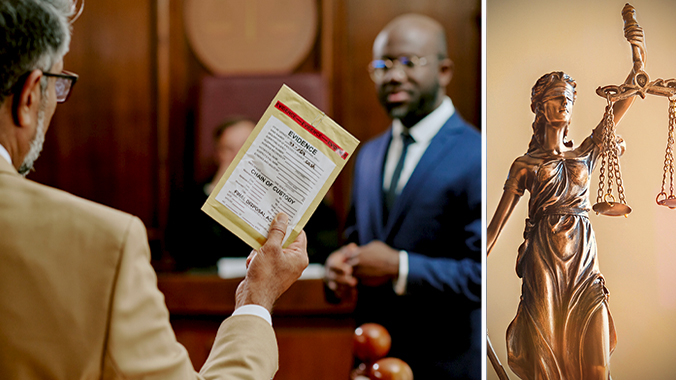








Upcoming CLE Webinars









